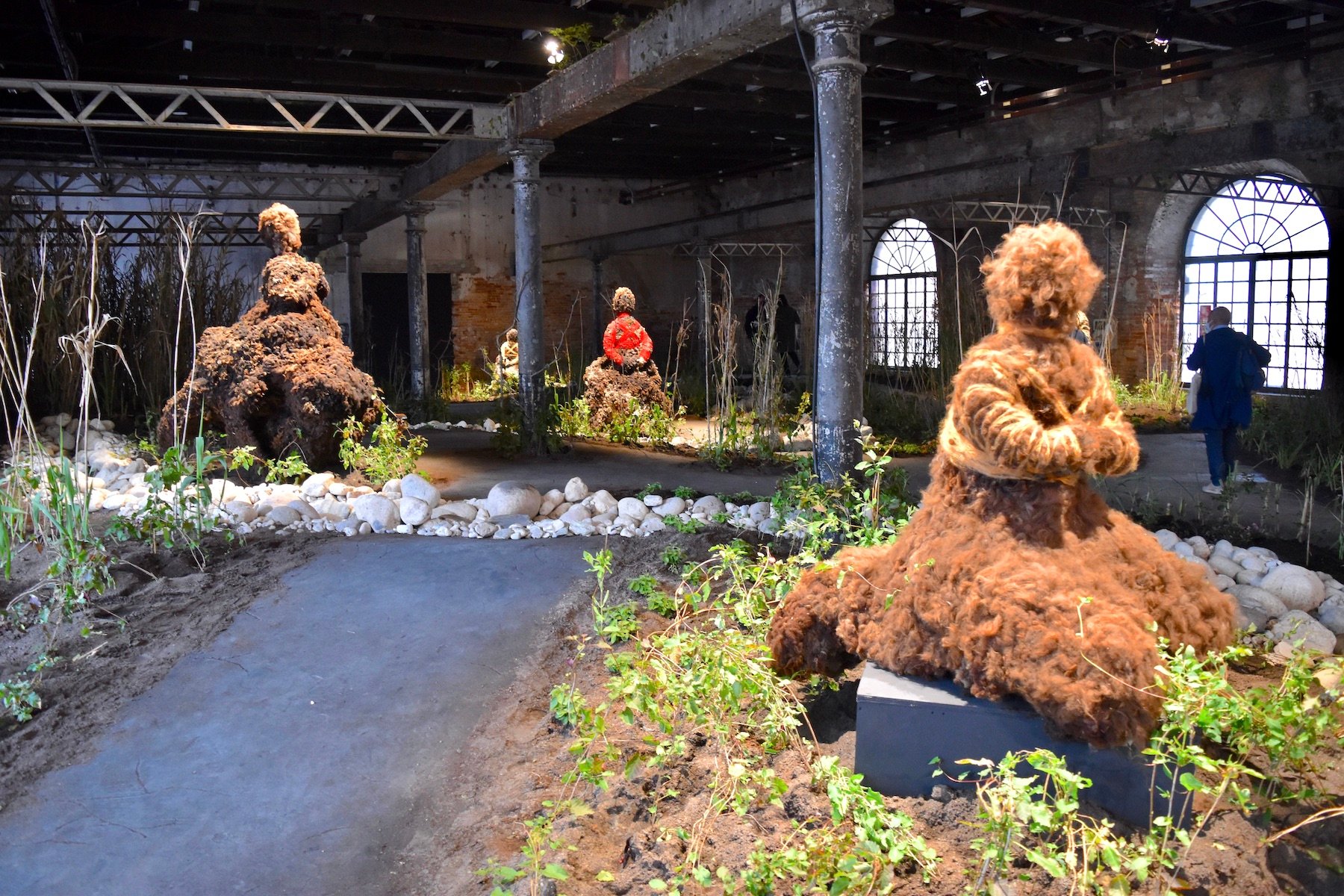
Art Industry News is a daily digest of the most consequential developments coming out of the art world and art market. Here’s what you need to know on this Monday, July 24.
NEED-TO-READ
Rudolf Zwirner Looks Back at 90 – The renowned dealer hailing from Cologne takes a trip down memory lane, retracing his footsteps from growing up during World War II to art dealing to owning a gallery, as well as wearing various hats that helped to shape the art market and post-war German art history. As to what he thinks of his son David’s impact on the legacy now that the business has changed irreversibly? He admires his son’s social conscience but not the mega-dealer’s “choice of artists,” he said. “There must be ten good artists, but he represents thirty or forty.” (FAZ)
Ten Artists on Barbie – As Greta Gerwig’s Barbie has made history over the weekend as the biggest debut ever for a film directed by a woman with a $377 million opening weekend box office, artists from Laurie Simmons to Martine Gutierrez discuss their Barbie memories, artistic interpretations of the iconic doll, and reveal their dream dollhouses from “an ancient faux-stone temple” (Gutierrez) to a LEGO dreamhouse (Lonneke Gordijn). (Cultured)
Nigeria Plans for Sophomore Venice Outing – A stellar line-up of nine Nigerian and Nigerian diasporic artists from different generations will take the center stage of “Nigeria Imaginary,” the exhibition of Nigeria’s second national pavilion in Venice Biennale 2024. Curated by Aindrea Emelife, expect to see the works of Tunji Adeniyi-Jones, Ndidi Dike, Onyeka Igwe, Toyin Ojih Odutola, Abraham Oghobase, Yinka Shonibare, Fatimah Tuggar, and Precious Okoyomon—whose work was a highlight of the main exhibition at the Venice Biennale in 2022. (ARTnews)
Class in the Art World – In response to Evening Standard’s list of London’s Young London Artists (YLAs), which focuses on a number of “disruptors” coming from an affluent background, Anny Shaw argues how class remains a taboo subject in the art world, and how the lack of social mobility has been intertwined with the British politics and the Conservative rule. “We urgently need structural change,” she wrote. (The Art Newspaper)
MOVERS & SHAKERS
Permanent Kusama Gallery Opens at Inhotim – The Brazilian-based institute has opened its 12th permanent gallery dedicated to the Japanese artist, featuring two works: I’m Here, But Nothing (2000) and Aftermath of Obliteration of Eternity (2009), along with the artist’s work Narcissus Garden (1966/2009). “Each work embodies a distinctly different environmental expression of the artist’s creative universe” said Inhotim co-founder Allan Shwartzman. (Press release)
Tony Bennett’s Artistic Legacy – The beloved crooner, who died on July 21, was an accomplished painter who signed his works “Tony Benedetto,” and used his artwork as a release from the stress of singing on the road. One of his works, titled Central Park (1998) is in the collection of the Smithsonian American Art Museum in Washington, D.C., “He loved the park,” said curator Randal Griffey, “as a lot of New Yorkers do, because it allowed him to feel connected to nature … despite being immersed in the city.” (Smithsonian)
Twitter to Lose Bird Logo – Elon Musk announced on Sunday that that iconic blue bird logo for will be replaced by an X, another controversial shake-up of Twitter since the Tesla and SpaceX tycoon acquired the social media platform last October for $44 billion. Twitter’s official handle is now named X. The platform has since then been flooded with memes and artists’s reinterpretation of the new X brand. (Guardian)
FOR ARTS SAKE
Dutch Still Life Makes Debut in U.K. – The “strikingly beautiful” Banquet Still Life by Dutch artist Jan Davidsz de Heem that was barred from leaving the U.K. is now on show at the Fitzwilliam Museum in Cambridge for the next two years. The Dutch Golden Age work was up for sale last year valued at £6.1 million ($7.8 million) but the government slapped an export ban to give time for a public institution to raise funds to buy the work. The “rare” work was among the four large-scale paintings that De Heem painted between 1640 and 1643. (Guardian)
More Trending Stories:
Influencers Are Realizing That A.I. Might Not Be a Magic Money-Making Machine For Artists After All